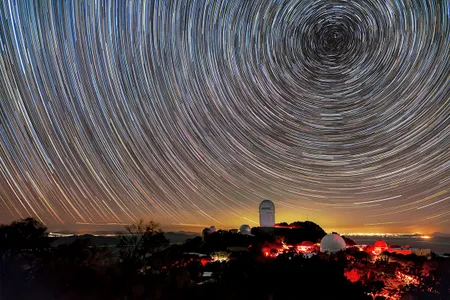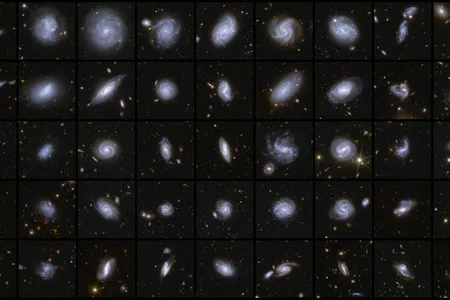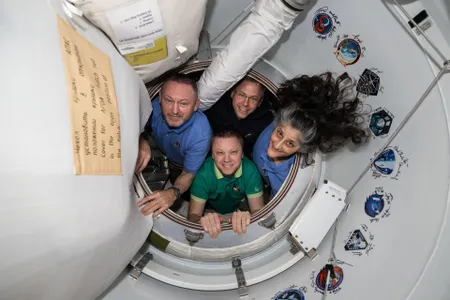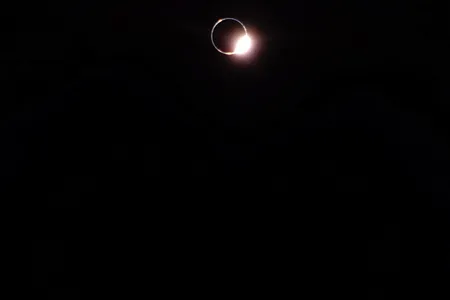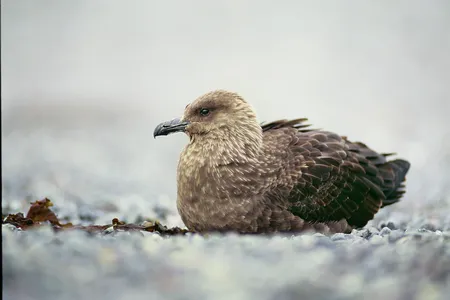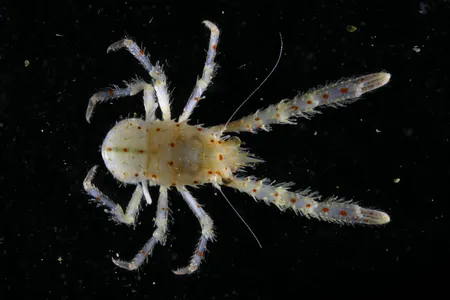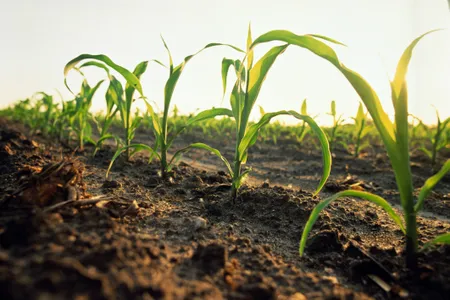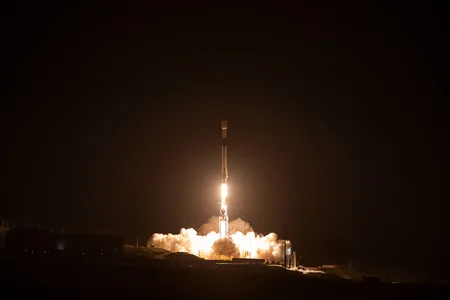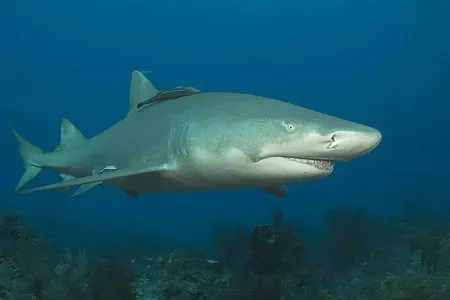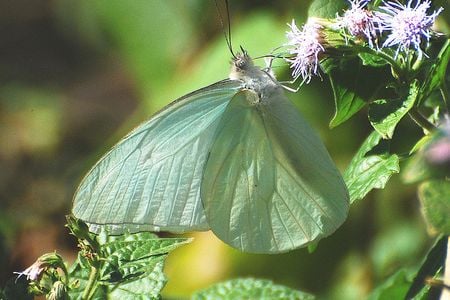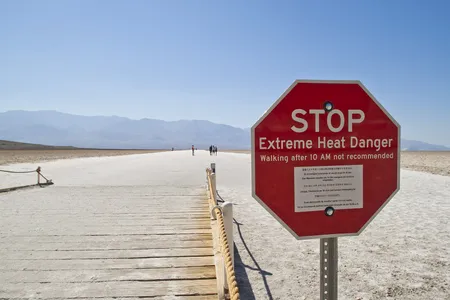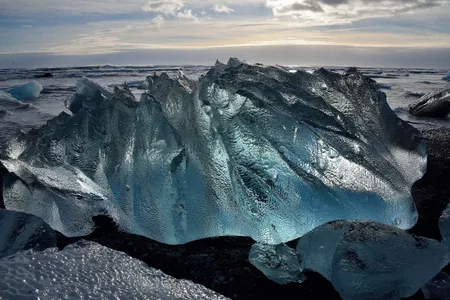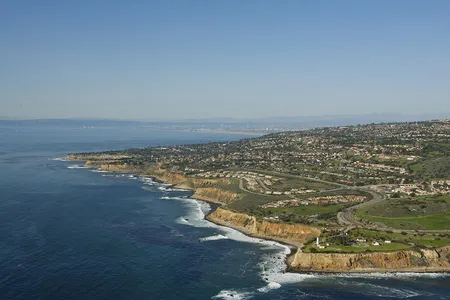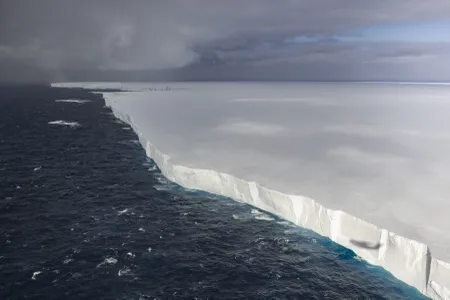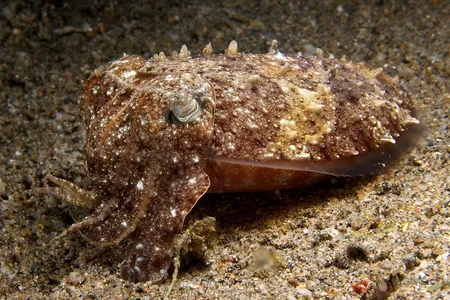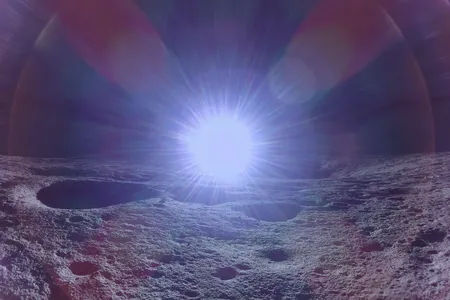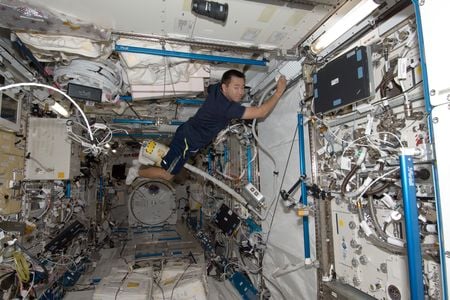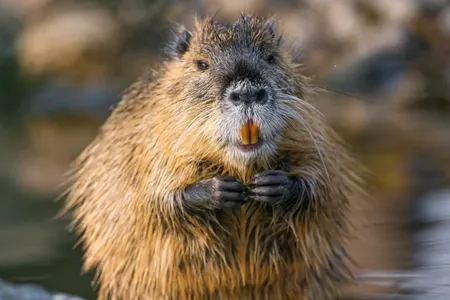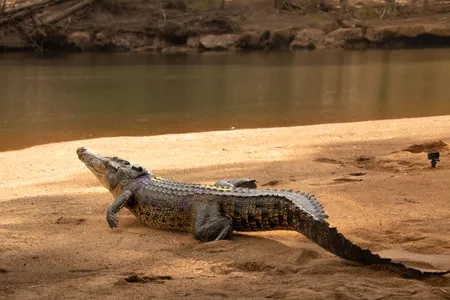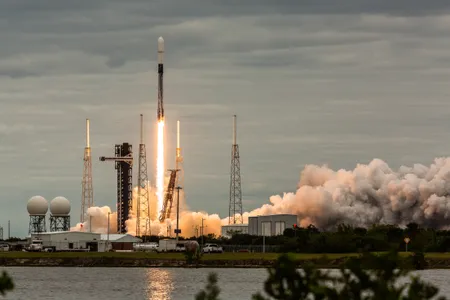Stories from this author
Mysterious Dark Energy Might Be Weakening—and That Could Upend Predictions About the End of the Universe
Astronomers thought dark energy was a constant. But now, findings from the Dark Energy Spectroscopic Instrument provide even more evidence that it may be fluctuating
The First Big Data Drop From the Euclid Space Telescope Unlocks a ‘Treasure Trove’ of Insights on the Universe’s Mysteries
The European Space Agency’s “dark universe detective” discovered millions of new galaxies and offers potential clues about dark matter
After Nine Months in Space, the Starliner Astronauts Are Finally Coming Home. Here’s How to Watch Live
Suni Williams and Butch Wilmore are making a 17-hour journey from the International Space Station and will splash down near Florida this evening
See Last Week’s Stunning Eclipse From the Moon in Photos Captured by the Blue Ghost Lander, Now at the End of Its Mission
The spacecraft carried out the longest commercial operation on the moon to date—and also made history during its rare chance to document this celestial event
Avian Flu Is Rapidly Spreading Across Antarctica
A new expedition offers insights on the deadly virus’ impact in the region
From a Guitar Shark to an Octocoral, Scientists Discover More Than 800 Marine Species
The Ocean Census hopes to discover thousands of new creatures before they go extinct
Microplastics Are Making Photosynthesis Harder for Plants—and That Could Slash Crop Yields, Study Suggests
On average, these little particles could reduce photosynthesis in plants and algae by up to 12 percent, according to the paper
NASA’s New Space Telescope Launches to Explore the Origins of the Universe After a Series of Delays
Called SPHEREx, the instrument will map 450 million galaxies and search for water molecules that may be clinging to space dust
Megalodon Might Have Been Longer and Skinnier Than Previously Thought, Growing Up to 80 Feet
A new paper suggests the enormous, extinct shark looked less like a bulky great white and more like an elongated lemon shark
U.S. Butterflies Are Disappearing at Drastic Rates, With One in Five Gone Since 2000
A new study finds the popular, fluttering insects have declined by 22 percent in the last 20 years
Extreme Heat Could Make Older Adults Age Faster by Altering Their DNA, Study Finds
Researchers compared genetic markers of aging to daily temperature records in areas across the United States and found that elderly people exposed to more hot days showed more rapid biological aging
How Enormous Glaciers on the Frozen ‘Snowball Earth’ Might Have Bulldozed the Path to Complex Life on Our Planet
A new study suggests glaciers carved metals out from the Earth’s surface 700 million years ago, leading to chemical reactions in the oceans that set the stage for early animal evolution
Parts of California Are Sinking, and It Could Worsen the Effects of Sea-Level Rise, NASA Study Finds
The ground in many parts of the state—including Los Angeles, San Francisco and the Central Valley—is subsiding due to groundwater withdrawal, landslides and compacting of sediment
The World’s Largest Iceberg Runs Aground, Potentially Averting a Collision With Penguin and Seal Breeding Areas
After months of floating, the “megaberg” known as A23a has finally come to a halt roughly 50 miles from South Georgia Island
Watch Cuttlefish Use Camouflage to Confuse Crabs, Taking on the Appearance of Coral and Leaves
Scientists have captured footage of the sea creatures using four distinct color-shifting techniques to trick their prey
See the Striking New Images From the Blue Ghost Lunar Lander, Now the Second Private Spacecraft to Touch Down on the Moon
Firefly Aerospace’s lander reached lunar soil early Sunday morning, after a 2.8-million-mile journey lasting 45 days
Is the ISS Too Clean for Astronauts’ Health? New Study Finds the Space Station Lacks Microbial Diversity
Humans have evolved alongside microbes in Earth’s environment that help strengthen our immune systems. But sterile living conditions can reduce that beneficial exposure
The U.S. Fish and Wildlife Service Wants You to Eat These Giant, Invasive Rodents
As part of National Invasive Species Week, the agency is calling on Americans to “eat the invaders,” including swamp-dwelling nutria
Crocodiles in Australia Are Shifting Their Behavior Because of Climate Change, and It Might Harm Their Ability to Hunt
A new study finds that as temperatures rise, the animals are getting hotter, spending less time diving and putting more effort into cooling off
SpaceX Rocket Stage Burns Up Over Europe and Crashes in Poland, While Blue Origin Debris Washes Ashore in the Bahamas
The SpaceX rocket failed to deorbit properly, and the Blue Origin debris had already landed as planned in the ocean
Page 5 of 7

